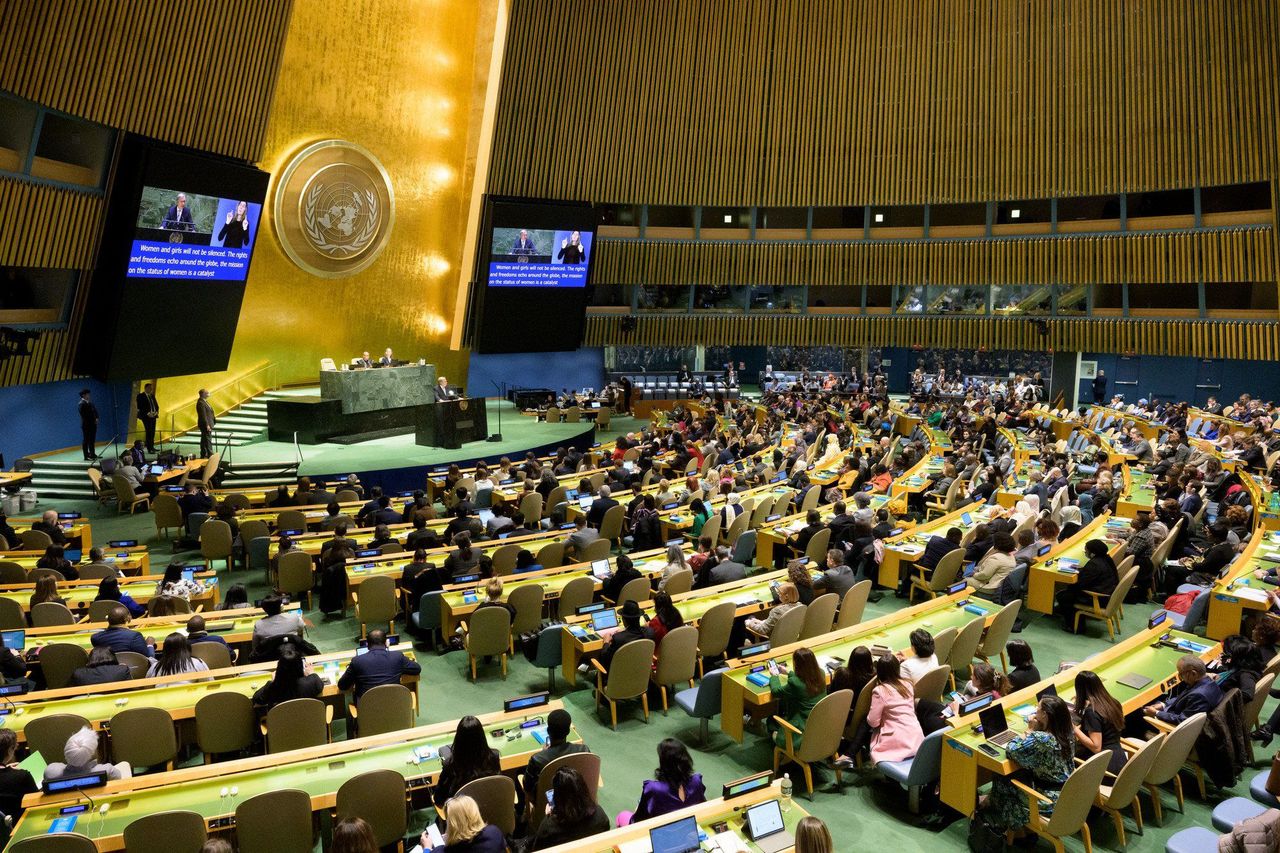Hong Kong News

Hong Kong slams UN body over accusations national security law weakened judiciary
The Hong Kong government has hit back at a United Nations committee over accusations the Beijing-imposed national security law has abolished the city’s judicial independence, describing the remarks as “distorted narratives” and “unfounded”.
City authorities expressed a “strong objection” to a report released on Monday by the United Nations Committee on Economic, Social and Cultural Rights, issuing a statement at around midnight.
“The committee selectively believed, and made sweeping statements based on certain false information and distorted narratives regardless of the truth, and made one-sided and flawed comments on the human rights situation in Hong Kong in the so-called concluding observations,” the government said.
In the document, the UN committee said it was concerned about reports that the city’s national security law had “de facto abolished” Hong Kong’s judicial independence. The Beijing-decreed legislation, which took effect on June 30, 2020, outlaws acts of secession, subversion, terrorism and collusion with foreign forces.
The UN body is responsible for overseeing the implementation of the International Covenant on Economic, Social and Cultural Rights, a multilateral treaty that China has said applies to the city, and features a panel of 18 independent experts.
According to the Hong Kong government, Permanent Secretary for Constitutional and Mainland Affairs Gracie Foo Siu-wai had earlier led a 10-person team, as part of a wider national delegation, to attend meetings in Geneva, Switzerland, and answer the committee’s questions.
“The [Hong Kong] government strongly deplores and resolutely rejects the concluding observations … which insisted on making inaccurate, biased and misleading statements on various aspects of the situation in Hong Kong,” it added.
The statement on Monday came a day after a Chinese state leader told Hong Kong delegates at the country’s annual meetings of the top legislature and political advisory body to safeguard national security and development interests by countering negative portrayals of the city and wider nation by the West.
 The UN body also called for city authorities to abolish a hotline used
to report suspected violations of the national security law.
The UN body also called for city authorities to abolish a hotline used
to report suspected violations of the national security law.
The UN committee also raised concerns over reports of arrests, detentions and trials of community leaders, journalists and human rights defenders, especially individuals linked to Hong Kong’s anti-government protests in 2019.
In Monday’s document, the international body called for local authorities to review the national security law and abolish a hotline used to report suspected violations of the legislation.
“The committee urges the Hong Kong [Special Administrative Region], China to cooperate with the state party to review the law … to ensure the full independence of the judiciary and to ensure that national security legislation is not arbitrarily used to interfere with it,” the report said.
“The committee is particularly concerned about reports of a lack of transparency regarding [the arrestees’] detentions and trials, and the lack of access to lawyers during the proceedings … the national security hotline is used extensively and might have detrimental effects on the work and expression of civil society.”
But a government spokesman dismissed the committee’s suggestions, saying the UN committee had turned a blind eye to the fundamental rights and freedoms provided to Hong Kong residents.
“The recommendations of the committee to review the national security law on various aspects are not only totally unfounded but also utterly perplexing,” he said.
The spokesman also pointed to Article 4 of Hong Kong’s Basic Law, saying it clearly stipulated that human rights should be respected and protected in accordance with the law, while the rights and freedoms enjoyed by residents under the mini-constitution and international covenants must also be preserved.
“We also strongly object to the committee’s groundless smearing of the law enforcement actions taken by the Hong Kong government during the 2019 serious violence,” he said.
“All law enforcement actions taken by Hong Kong law enforcement agencies are based on evidence and strictly in accordance with the law in respect of the acts of the persons or entities concerned, and have nothing to do with their political stance, background or occupation.”











